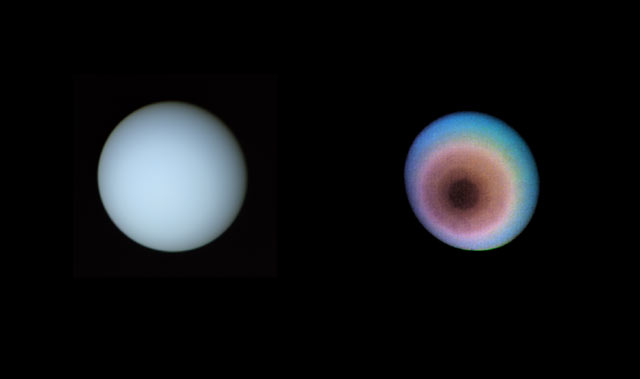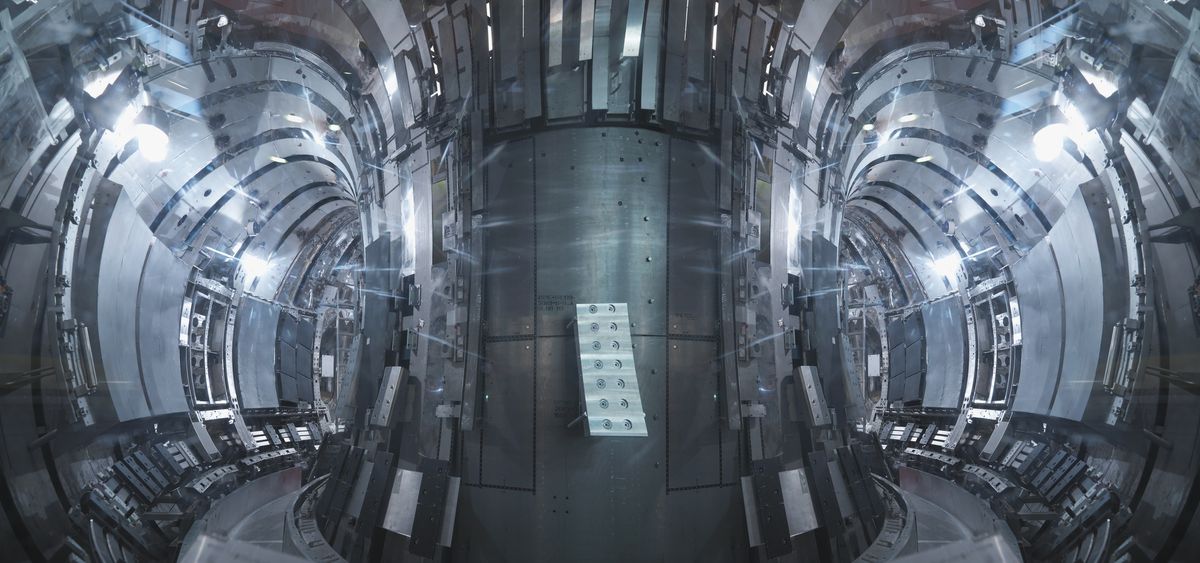United Launch Alliance’s (ULA) new Vulcan Centaur rocket is ready for its second-ever liftoff, which is targeted for Friday (Oct. 4).
ULA conducted a launch readiness review (LRR) today (Oct. 2) for Vulcan Centaur‘s second mission, a test flight called Cert-2 that’s designed to help get the rocket certified for use by the U.S. Space Force. And everything went well.
“Leadership from ULA and the Space Force assessed the readiness of the rocket, payload and mission assets, discussed the status of pre-flight processing work, heard technical overviews of the countdown and flight, and previewed the weather forecast that projects a 75% chance of meeting the launch rules,” ULA wrote in an update today. ” At the conclusion of the meeting, senior leaders were polled and gave a ready status for launch, then signed the Launch Readiness Certificate.”
We are “go” for the launch of the #VulcanRocket on the #Cert2 flight test! The launch window opens Friday at 6 a.m. EDT (1000 UTC) from Cape Canaveral, FL. https://t.co/eWLyIiIUE6 pic.twitter.com/kWQ1nIvZ1bOctober 2, 2024
Cert-2 will fly from Space Launch Complex-41 (SLC-41) at Florida’s Cape Canaveral Space Force Station, during a three-hour window that opens at 6 a.m. EDT (1000 GMT).
ULA rolled the Vulcan Centaur out to that pad on Monday (Sept. 30). On Tuesday (Oct. 1), the company conducted a crucial “wet dress rehearsal” with the rocket, fueling it up, going through a practice countdown and then offloading the propellant.
“We completed all of that,” ULA CEO Tory Bruno told reporters during a media call on Wednesday (Oct. 2). “It went very, very well, per plan.”
The Vulcan Centaur’s debut flight, Cert-1, lifted off in January, sending the privately built Peregrine moon lander to Earth orbit. The rocket performed extremely well, according to Bruno.
“It was the cleanest first launch I’ve ever had, and it is the cleanest first launch I’ve ever seen anybody else have,” he said on Wednesday.
Peregrine was not similarly spotless, however. The lander suffered a propellant leak shortly after separating from the rocket’s Centaur V upper stage and was eventually guided to a controlled destruction in Earth’s atmosphere.
Cert-2 was supposed to launch an operational payload as well — Sierra Space’s robotic Dream Chaser space plane. But Dream Chaser wasn’t ready in time for Cert-2’s liftoff, so the mission will fly an inert “mass simulator,” along with some extra instrumentation that will allow ULA to assess Vulcan Centaur’s performance in great detail.
“There’s no paying customer; this is all on us,” Bruno said of Cert-2. “Which is also why we wanted to get some experiments on there and get as much utility out of it as we could.”
Bruno declined to give an exact price tag for Cert-2 but did say it’s in the “high tens of millions of dollars.”
If all goes well with Cert-2 and the ensuing data reviews, Vulcan Centaur will begin flying national security missions soon: ULA plans to launch two Space Force missions, called USSF-106 and USSF-87, with the rocket by the end of the year, Bruno said.
The company aims to launch 20 missions in 2025, he added, half of them with the Vulcan Centaur and half with the Atlas V, the workhorse rocket that the Vulcan Centaur is designed to replace. One of those Vulcan Centaur missions will loft Dream Chaser on its first orbital mission, Bruno said.
“We have room in the 2025 manifest for Dream Chaser,” he said. “It’s just a matter of, you know, when they’re ready to go, and then we’ll work with the range and the other customers and find a slot for them, and we’ll get them up there.”



